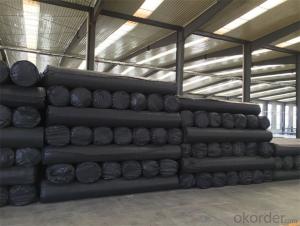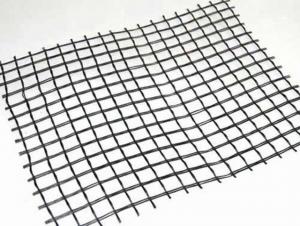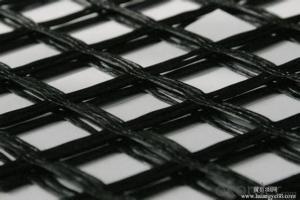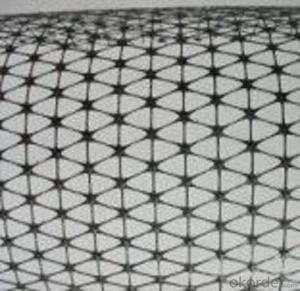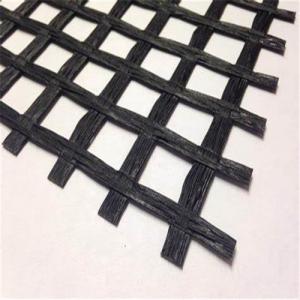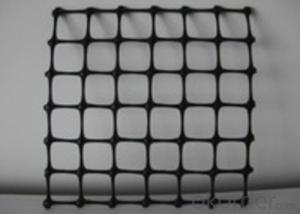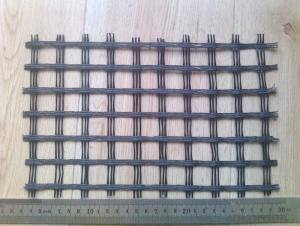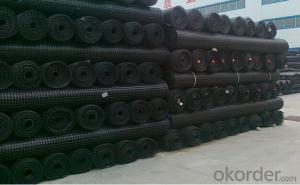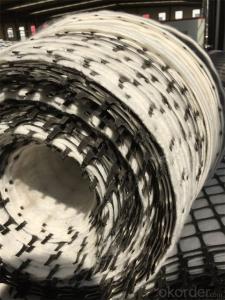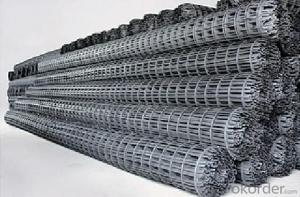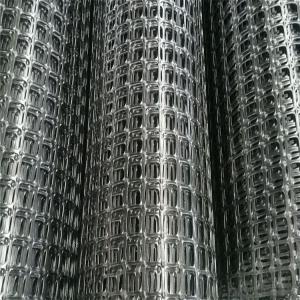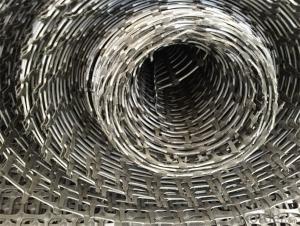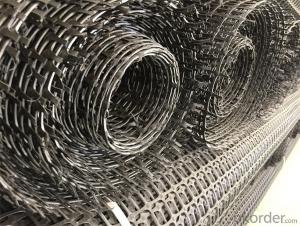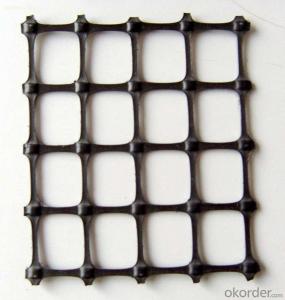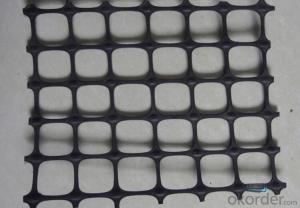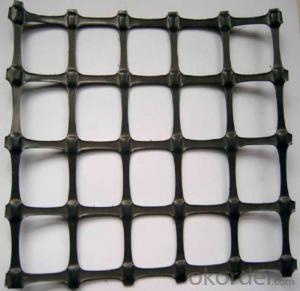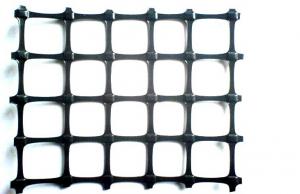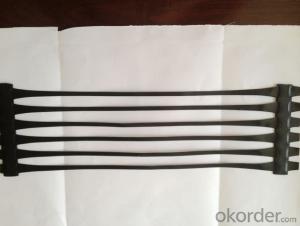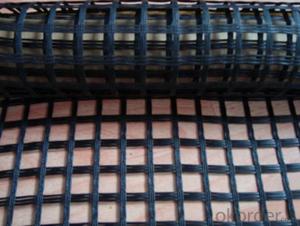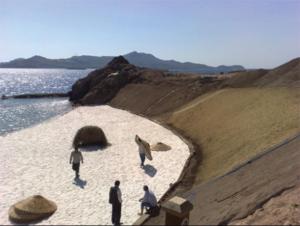Cellular Confinement System of Geocells - PP Plastic Biaxial Geogrid Water-Soluble PVC Coated Polyester Geogrid
- Loading Port:
- Qingdao
- Payment Terms:
- TT OR LC
- Min Order Qty:
- 5000 m²
- Supply Capability:
- 2000000 m²/month
OKorder Service Pledge
OKorder Financial Service
You Might Also Like
Specifications of Geogrid:
Specification | TGSG15-15 | TGSG20-20 | TGSG30-30 | TGSG40-40 | |
Index | unit | MD CD | MD CD | MD CD | MD CD |
true initial modulus in use | KN/m | 15 15 | 20 20 | 30 30 | 40 40 |
true tensile strength @2% strain | KN/m | 5 5 | 7 7 | 11 11 | 16 16 |
true tensile strength @5% strain | KN/m | 7 7 | 14 14 | 21 21 | 32 32 |
junction efficiency | % | 100 | 100 | 100 | 100 |
flexural stiffness | mg-cm | 280,000 | 780,000 | 900,000 | 1,200,000 |
aperture stability | kg-cm/deg | 3.1 | 4.8 | 4.3 | 3.4 |
resistance to installation damage | %SC/%SW/%GP | 95/93/90 | 95/93/90 | 95/93/90 | 95/93/90 |
resistance to long term degradation | % | 100 | 100 | 100 | 100 |
unit weight | g/m2 | 250-310 | 270-330 | 340-420 | 430-530 |
rolls dimensions (length, width) | m | 50*3.9 | 50*3.9(5) | 50*3.9 | 50*3.9 |
loading capacity | rolls/40HC | 205 | 180 | 120 | 88 |
Applications of Geogrid:
Make reinforce treatment for various kinds of soft soil foundation to evenly distribute load stress and reduce uneven settlement, not easy to generate static electricity, and flammability property good in the coal mine. It is easy to wash coal.
Used in highway, railway, port, airport and municipal project. Support in the recovery working face of coal mine and roadway in the coal mine.
Index Properties | Test Method | Unit | GG1515 | GG2020 | GG3030 | GG4040 |
MD TD | MD TD | MD TD | MD TD | |||
Polymer | -- | -- | PP | PP | PP | PP |
Minimum Carbon Black | ASTM D 4218 | % | 2 | 2 | 2 | 2 |
Tensile Strength@ 2% Strain | ASTM D 6637 | Kn/m | 5 5 | 7 7 | 10.5 10.5 | 14 14 |
Tensile Strength@ 5% Strain | ASTM D 6637 | Kn/m | 7 7 | 14 14 | 21 21 | 28 28 |
Ultimate Tensile Strength | ASTM D 6637 | Kn/m | 15 15 | 20 20 | 30 30 | 40 40 |
Strain @ Ultimate Strength | ASTM D 6637 | % | 13 10 | 13 10 | 13 10 | 13 10 |
Structural Integrity | ||||||
Junction Efficiency | GRI GG2 | % | 93 | 93 | 93 | 93 |
Flexural Rigidity | ASTM D 1388 | Mg-cm | 700000 | 1000000 | 3500000 | 10000000 |
Aperture Stability | COE Method | mm-N/deg | 646 | 707 | 1432 | 2104 |
Dimensions | ||||||
Roll Width | -- | M | 3.95 | 3.95 | 3.95 | 3.95 |
Roll Length | -- | M | 50 | 50 | 50 | 50 |
Roll Weight | -- | Kg | 39 | 50 | 72 | 105 |
MD denotes Machine direction. TD denotes transverse direction. | ||||||
Property of Geogrid:
1.) Improve roadbed bearing capacity,enlarge road lifetime.
2.) Prevent road collapse and crack
3.) Prevent soil and water loss in slope
4.) Could replace steel-plastic geogrid in coal mine.
FAQ:
1. How to order your geogrid ?
a). Tensile strength in warp & weft direction
b). Grid size
c). Width and length
d). Quantity
2. Payment term .
a) TT
b) LC AT SIGHT
c) cash
d) 30% contact value as deposit ,the blance 70% be paid after received the copy of bl .
3. Delivery time
a) 19-25 days after received your depsit .
4. What is MQQ ?
a) 2500 m2 as MQQ , we can also produce sample for you .
Geogrid Show:
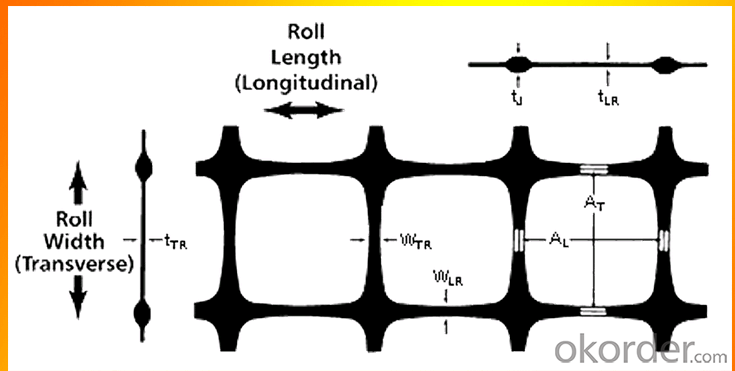
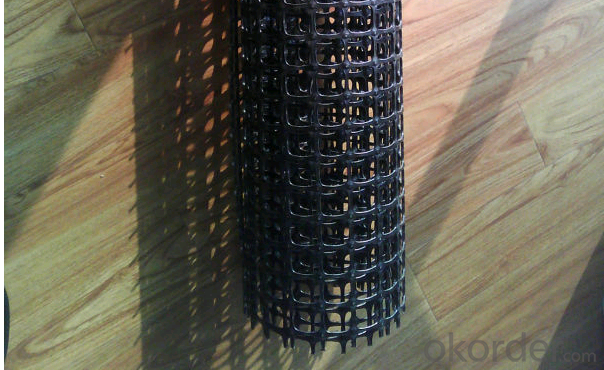
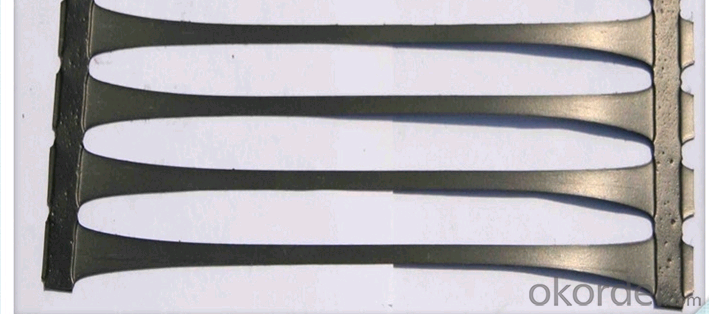
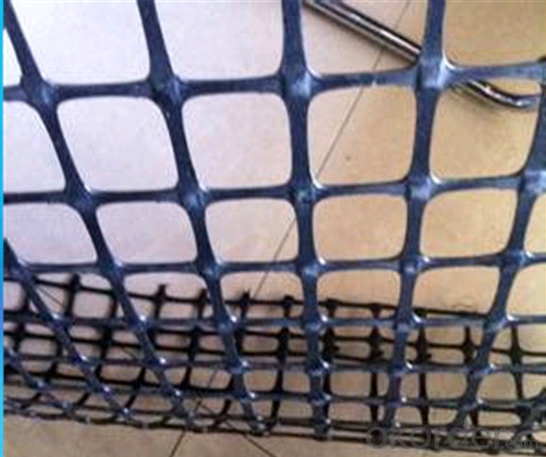
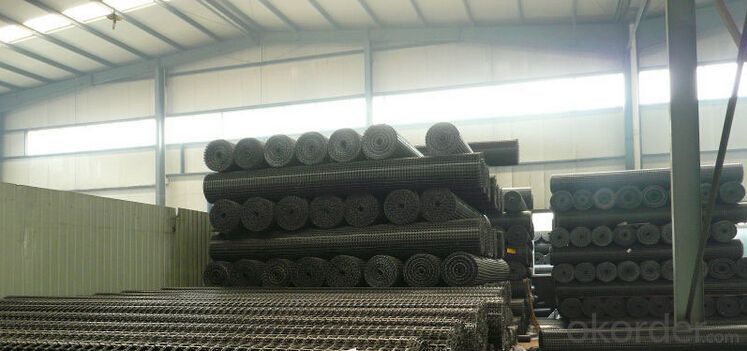
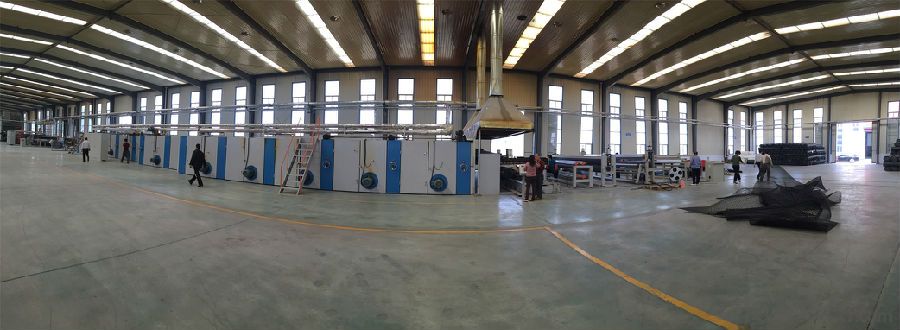
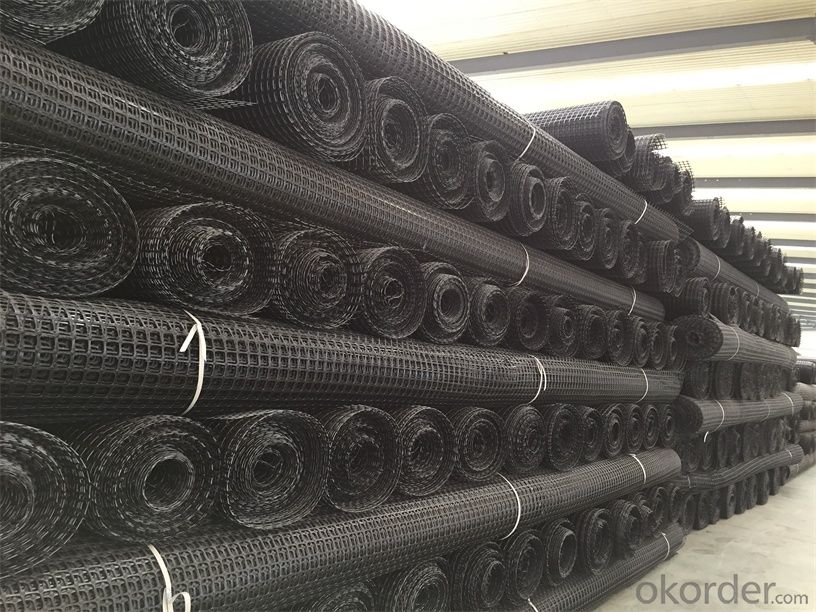
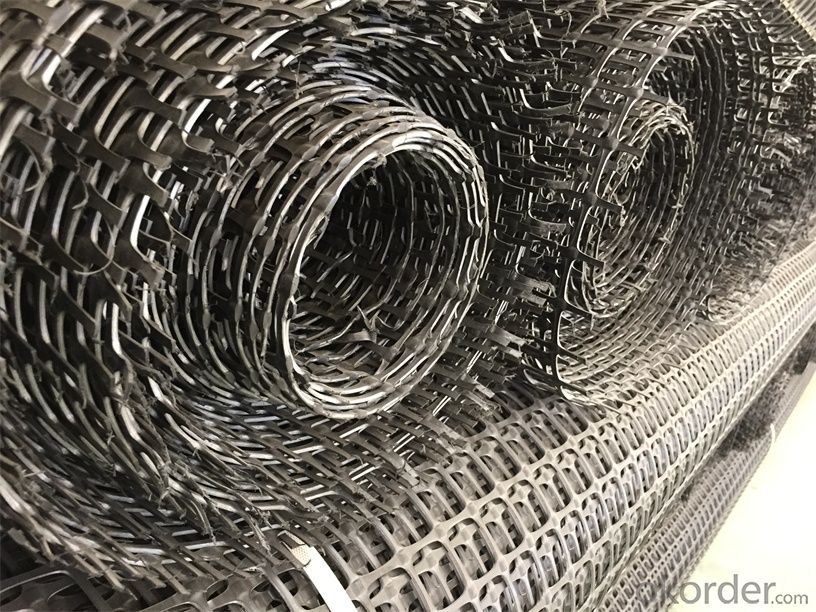
- Q: What is a one-way plastic geogrid
- As the polymer in the manufacture of plastic polymer in the process of heating with the extension of the process of re orientation, strengthen the link between the molecular chain force, to achieve the purpose of improving its strength. Its elongation rate is only 10% ~ ~ of the original plate of 15%. If the carbon black and other anti-aging materials are added in the geogrid, the utility model has the advantages of good acid resistance, alkali resistance, corrosion resistance, aging resistance and the like
- Q: Is there a geogrid in the transition section of Railway
- The railway section is to be used in the geogrid
- Q: What is the recommended geogrid roll width for specific applications?
- The recommended geogrid roll width for specific applications can vary depending on factors such as the type of soil, the slope angle, and the intended purpose of the geogrid. It is best to consult with a geotechnical engineer or a manufacturer's guidelines to determine the appropriate roll width for a specific application.
- Q: Soil and water conservation measures in the interim geogrid do
- First of all tell you geogrid is soil and water conservation engineering measures
- Q: Are geogrids resistant to aging?
- Yes, geogrids are generally resistant to aging. They are designed to withstand long-term exposure to environmental factors such as UV radiation, temperature fluctuations, and chemical exposure, which helps to maintain their strength and durability over time.
- Q: Can geogrids be used for reinforcement in embankments and dams?
- Yes, geogrids can be used for reinforcement in embankments and dams. Geogrids are high-strength synthetic materials that are designed to enhance soil stability and prevent erosion. They are commonly used in civil engineering projects, including embankments and dams, to improve the overall strength and stability of the structures. By providing additional tensile strength to the soil, geogrids help to distribute loads more evenly, reduce settlement, and prevent soil movement.
- Q: Are geogrids resistant to biological clogging?
- Yes, geogrids are resistant to biological clogging. They are typically made from materials such as high-density polyethylene (HDPE) or polyester which are resistant to biological degradation. Additionally, geogrids have an open structure that allows for effective drainage and prevents the accumulation of organic matter that could lead to clogging.
- Q: Are geogrids effective in reducing differential settlement?
- Yes, geogrids are effective in reducing differential settlement. Geogrids provide reinforcement to soil, improving its load-bearing capacity and reducing the potential for differential settlement. By distributing the loads more evenly, geogrids help to minimize differential settlement and ensure more uniform settlement across the area.
- Q: What are the different types of geogrids available?
- There are several types of geogrids available, including uniaxial geogrids, biaxial geogrids, and triaxial geogrids. Uniaxial geogrids primarily provide strength in one direction, typically used for soil stabilization and reinforcement. Biaxial geogrids offer strength in both directions, commonly used for soil stabilization, retaining walls, and road construction. Triaxial geogrids provide strength in all three directions, ideal for reinforcement in heavy-duty applications like railway tracks and airport runways.
- Q: Are geogrids suitable for use in high-temperature environments?
- Geogrids are generally not suitable for use in high-temperature environments as they can experience thermal degradation and loss of mechanical properties.
Send your message to us
Cellular Confinement System of Geocells - PP Plastic Biaxial Geogrid Water-Soluble PVC Coated Polyester Geogrid
- Loading Port:
- Qingdao
- Payment Terms:
- TT OR LC
- Min Order Qty:
- 5000 m²
- Supply Capability:
- 2000000 m²/month
OKorder Service Pledge
OKorder Financial Service
Similar products
Hot products
Hot Searches
Related keywords
